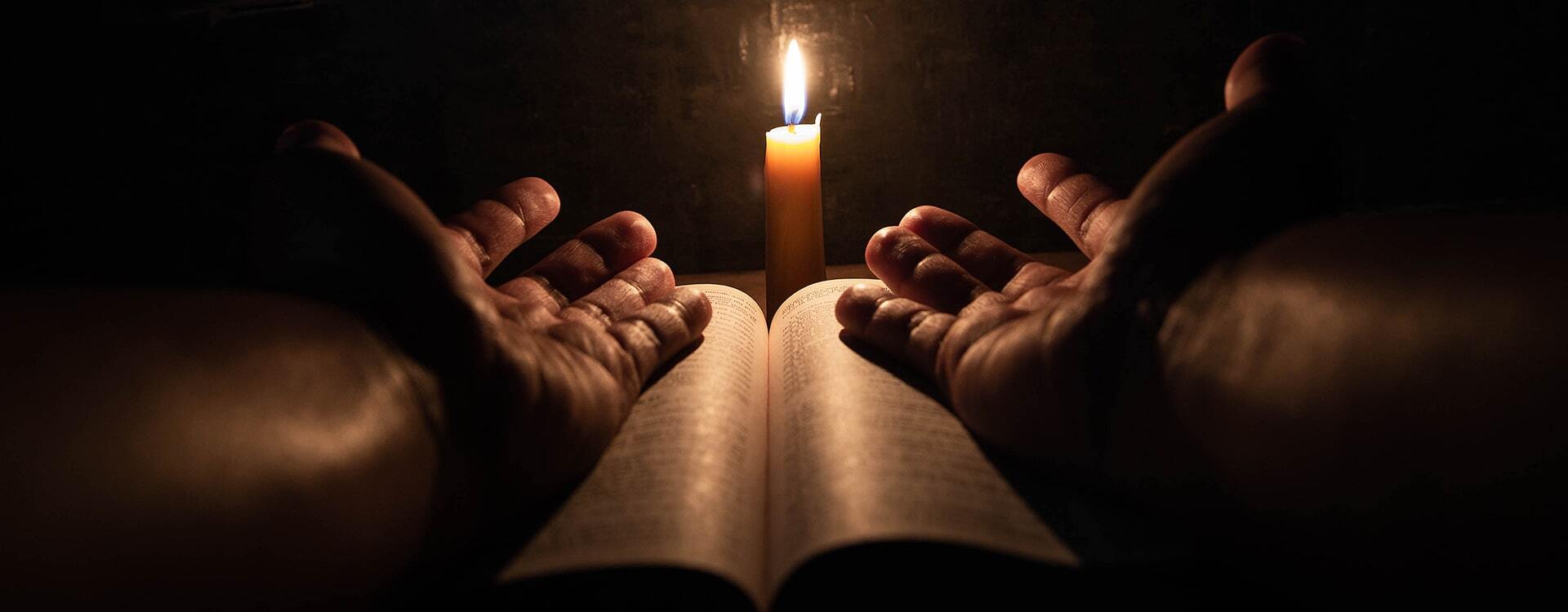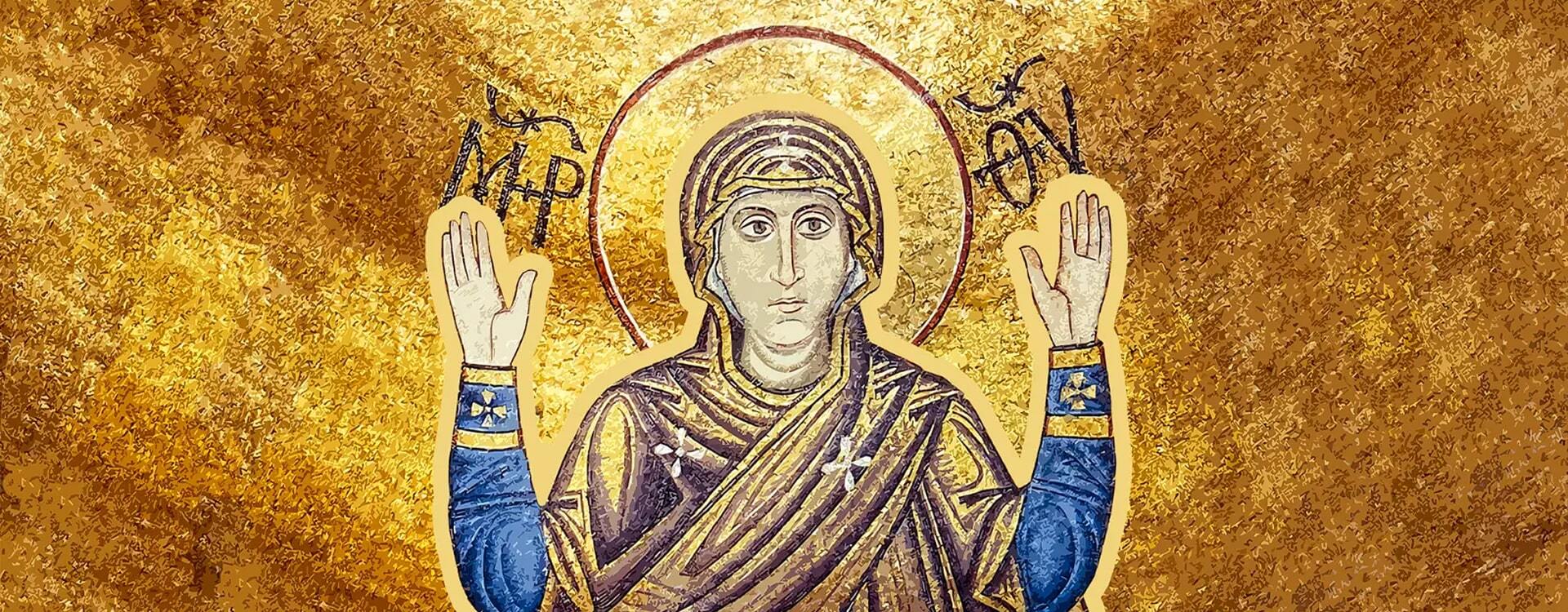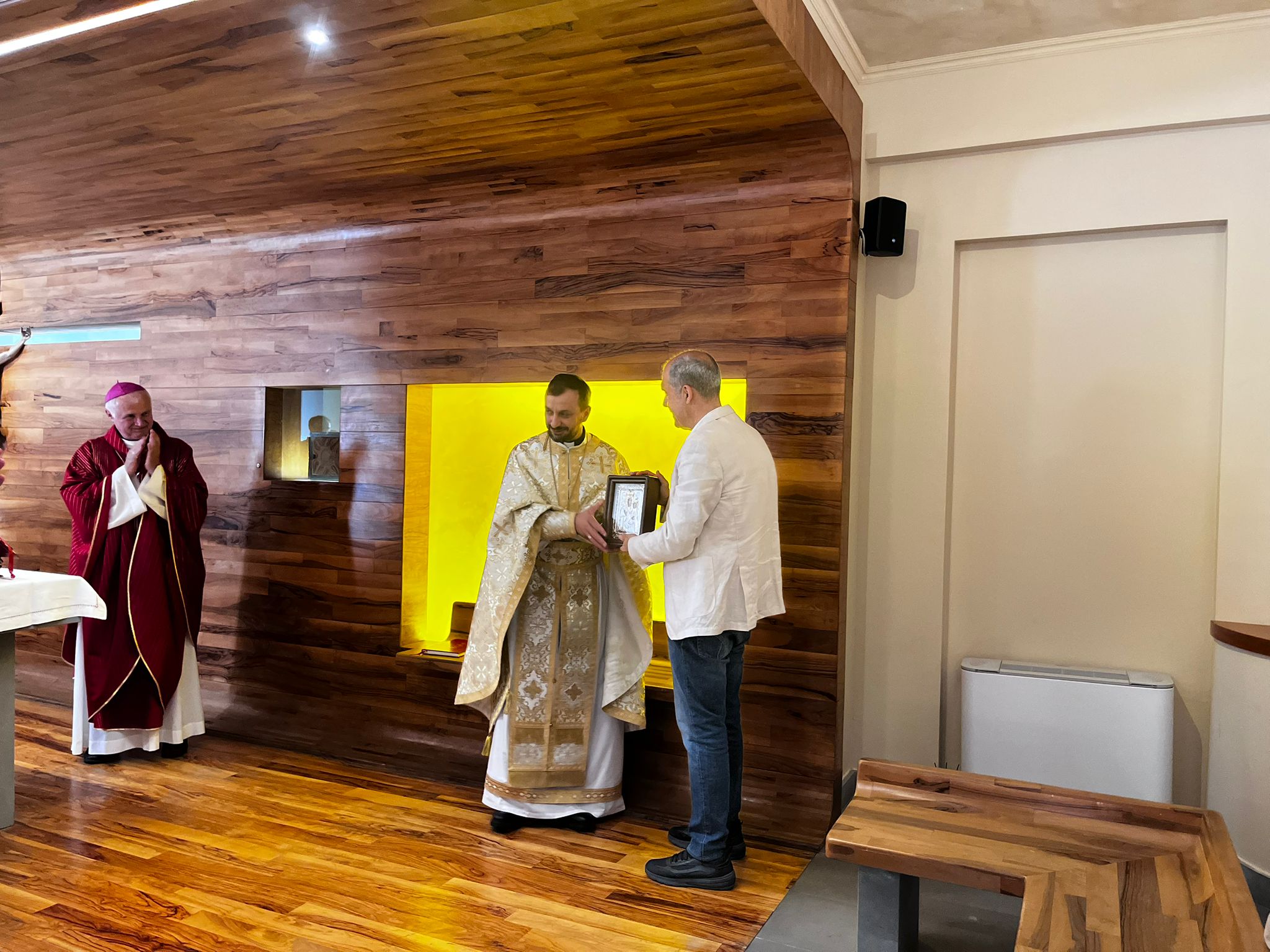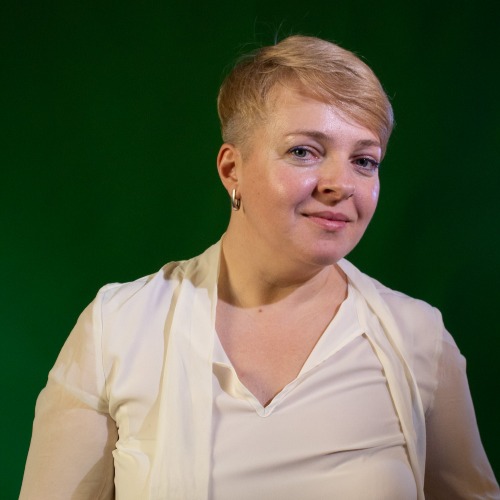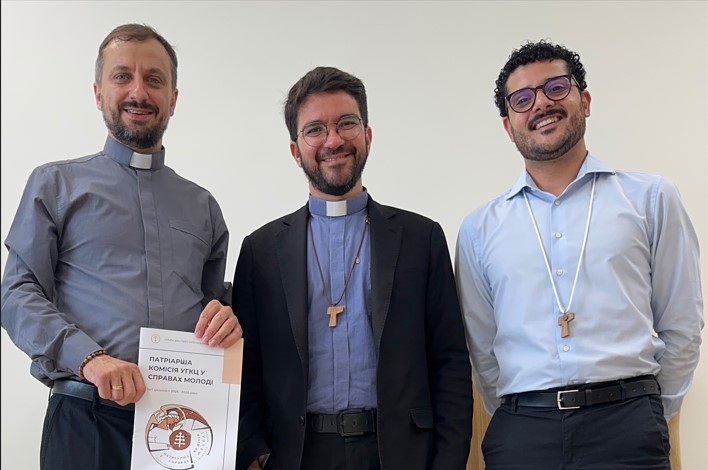Who Goes to Monastery in the 21st Century and Why?

The monastery opens up great possibilities and potential for not only the candidates themselves but for the common good. There is an enormous amount of work at the monastery, and it is not escaping the world. It is work. It is not escaping difficulties but rather working on them. The monks can do work for a symbolic payment while a lay person cannot since they have to earn money for their families.
Why do people go to the monastery nowadays? People come to the monastery in the twenty-first century as much as they did in previous centuries because they have a vocation, a certain inner longing. They strive for that vocation. This is not even a wish because, sometimes, a person does not really want to but knows that it is necessary. This vocation can only be a certain feeling that can be developed and understood at the monastery.
Читайте українською Хто і чого йде в монастир у 21 столітті?
There are people who come to the monastery by chance: somebody escapes difficulties, while another has never experienced love and thinks that it will be found at the monastery. Such a person either will discover their vocation at the monastery, or they will not be able to stay there. To live at the monastery is not simple; it is the hard work that a person places on themselves.
Every person is a story and everyone finds their vocation in a different way. When God touches the heart of a person, they start feeling a certain drive for a deeper knowledge, a deeper spiritual life. They start looking for that and often come to the monastery in order to find it. Often, having come to the monastery, they understand, “Yes, this is what I have been looking for.” This is a love that cannot be explained. How does it happened; why do they have this love; Why that person? One loves and that’s it. Yet, this is not a moment. The vocation of a person is a process, a serious task in order to realize a plan from God regarding a person.
A vocation is the dream that God has about a person, according to St John Paul II. Everyone has a vocation, and it is very important to find it.
“Monks do not have different commandments from other Christians. Yet, the monk is called to be a witness of the Christian life in a very radical way, to be consistent in following God’s commandments. We know what a lightning rod is, which collects electricity and leads it into the earth saving houses or people. The monastery is a lightning rod of prayer. On the one hand, it collects God’s grace for the community; on the other, it asks God to forgive sins,” says His Beatitude Lyubomyr (Huzar.)
There is a legend that reads that one theologian thought about the Last Judgment, particularly why it is called “terrible.” After long considerations, he understood: during the terrible judgment, God will show us what kind of the world we would have had if everyone had realized their vocation, and we will be terrified.
Very often, a person works a lot, but something very important is lost, making that work senseless. I am not a simple coincidence. God wanted me, God relies upon me, and God has given me a certain task which cannot be performed by anyone else.
We all are called to realize our own vocation.
The monastic life has more time to make God present here on the earth, in unity with God. If I am with God, then God is present here, among us.
You have the privilege at the monastery, namely, to have time for prayer, while many people do not have such an opportunity because of the duties they have. The prayer of monks is not special, yet they pray all the time at the monasteries and in such a way the Church remains always praying. If a prayer is sincere and deep, it becomes a link to receive God’s grace. This is an encouragement to all of us to pray as much as we can and to find where we can .
At the monasteries, there is a community of prayer where everyone joins in a deeper spirituality. Yet, these practices are not closed for the laity.
There is a specific procedure to enter the monastery, and every order has its own approach in choosing candidates. The first stage is when the person does not receive a monastic vestment, but learns to live according to the rules of the monastic life. This period is preceded by a period of getting know the candidate. The person has to come and participate in different exercises, retreats, and meetings. If the person is not ready for the monastic life, they have to choose and go the way of their personal growth.
“At the monastery, they have to free themselves from many issues like egoism that can hide itself within a lie. If a person is not ready for that, they have to leave the monastery.”
There is an age limitation in all the monastic congregations. A person cannot enter the monastery earlier than the age of 17. There are many communities that are engaged with vivid activities. There are communities that do not have a maximum age limit for entering the monastery. A person has to reach a level of human maturity, namely, to make decisions responsibility. This is important because the world is irresponsible. The religious vocation is built on close relationships with God as it is a spiritual maturity.
There are monasteries where people who were once married – widowers and widows – can enter, and there are those where those who are married can enter under the condition that their partner will not marry again. Such orders are, for example, the Basilians. The person who has debts cannot enter the monastery.
There are three vows that are taken at the monastery: vows of chastity, obedience, and poverty. The vow of chastity means not only abstaining from a relationship, but also for leaving this place for spousal love in the heart for God. Poverty is about not having, but giving to God everything one has, relying not upon material things but upon God. The vow of obedience is to give one’s personal freedom to God, listening in order to possess oneself.
“The vows make a person free; they give them space. The rich one will never experience the real happiness of giving the last of what they have. This is exactly the spiritual reality for the sake of which people left everything and went to eat herbs and roots.”
The eternal vows are vows to the end of life; there is no way back. The duration of 6-9 years is given for the person in order to understand whether it is their vocation or not.
Eternal vows within an Order are called “a profession,” and the Church cannot release one from that seal; that is the seal that is not erased. Within congregations, there are also eternal vows, but, nevertheless, it is possible to be released from these. The monastery is a different rite; it is a sort of autonomous unity because the Order and the congregation are certain institutions. In Ukraine, there is no pure monastery. There are also the institutes of the consecrated life where not all of three vows are taken, but this is also a consecrated life.
In certain times of Church history, there were monks-stylites who lived on pillars. It is bizarre for us, but, nevertheless, that was a certain protest against the wish to have a piece of land. Stylites showed that there is no need for land in the living of life. Now, the recluses and the hermits live in apartments and houses since there is little sincere communication in the world nowadays. The people are secluded because of ipads or phones; we are all recluses. And the monastic life nowadays is not to be reclusive, but to leave that seclusion and show other people that life can be better. Nevertheless, in our Church, there are recluses, e.g. Br. Olexandr, the Studyte. He lives out his seclusion only on Sundays and participates in the Liturgies. If a person has such a vocation, nobody will forbid that.
The monastery opens up great possibilities and potential for not only the candidates themselves but for the common good. There is an enormous amount of work at the monastery, and it is not escaping the world. It is work. It is not escaping difficulties but rather working on them. The monks can do work for a symbolic payment while a lay person cannot since they have to earn money for their families.
According to the recorded materials of “The Open Church. The Dialogues. Contemporary Monkhood”
Sr. Natliya Melnyk, the abbess of the Congregation of the Sisters of the Holy Family and Head of the Council of the Superior Abbesses of the UGCC, was the guest of the studio
https://www.youtube.com/watch?v=d848SaFOe2oRecorded by Tetyana Trachuk
Photo: religiousforums
ПІДТРИМАЙТЕ ДИВЕН СВІТ
проєкту
ЧИТАЙТЕ ТАКОЖ










